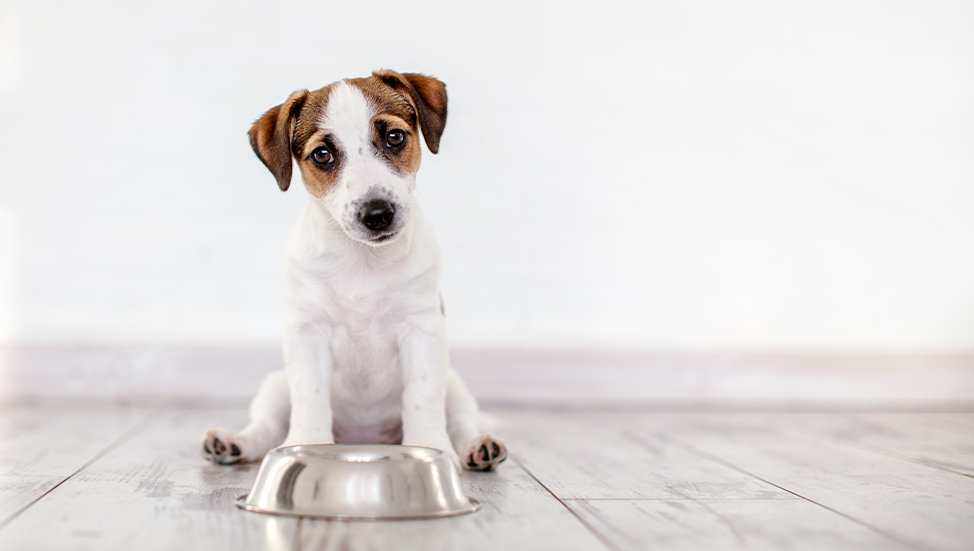Ask Dr. Jenn: Should I consider a grain free diet for my dog?
Grain free diets have become very popular the past few years, mainly because people are avoiding gluten, but is this approach also beneficial for dogs? Here's what Dr. Jenn has to say about grain-free diets.

Q: I want my dog to be healthy. Should I feed her a grain-free diet?
A: Everyone wants to do what is best for their dog to give him or her a long, healthy, happy life. One way you can do that is by making sure your dog is fed a high quality diet. Grain free diets have become very popular the past few years, mainly because people are avoiding grain, and in particular gluten. So if grain free and gluten free is better for us, it must be better for our pets, right?
Unfortunately that is wrong. As grain free diets gained popularity, veterinary cardiologists started seeing an increase in heart disease, particularly a condition called Dilated Cardiomyopathy, or DCM, in breeds of dogs that are not known to have a genetic predisposition to developing DCM. The one thing these dogs had in common was that most (over 90%) were fed a grain-free diet.
First, what is dilated cardiomyopathy? Dilated cardiomyopathy is a condition that causes the chambers of the heart to expand. The heart muscle is stretched and becomes very thin and the heart enlarges. As the muscle thins, the heart weakens and cannot adequately pump blood through the body, leading to heart failure and ultimately death if untreated.
It doesn’t seem to make sense that a dog food could cause heart disease. How does a diet cause damage to the heart? The link between DCM and grain free diets is being studied by the Food and Drug Administration (FDA), veterinary cardiologists, and veterinary nutritionists. It has been proven that a deficiency of the amino acid taurine leads to DCM. The majority of dogs with DCM in their studies were fed grain-free diets where the main carbohydrate source was peas or lentils. It is thought that peas and lentils block taurine absorption or change it to a form the body can’t use. However, this is still being studied and no definitive answers have been found yet to explain the link between heart disease and grain free diets. Until more answers are known, veterinarians are advising against a grain free diet in dogs.
Many people choose grain free diets because they are concerned about feeding corn and wheat to their dogs. Corn, especially, has received a bad rap among pet owners. But corn is very nutritional and beneficial to dogs. It provides an excellent source of highly digestible carbohydrates, protein, essential fatty acids, and anti-oxidants. Wheat is also an excellent source of carbohydrates and protein for your pet. Unlike people, dogs do not develop a gluten sensitivity or Celiac disease. They can develop allergies to protein in their foods, including corn, wheat, and other grains, but the most common allergens in dogs are beef, dairy, and chicken. If you suspect your dog has a food allergy, consult with your veterinarian about hypoallergenic dog food options.
Most dogs will be perfectly healthy on a diet containing grains, including corn. But there is a risk your dog could develop a life-threatening heart condition from a grain free diet. Until more is known about the link between grain-free diets and heart disease, it is advised to avoid grain free diets unless prescribed by your veterinarian.
Give your furry friend a pet for me,
Dr. Jenn
Ready to start saving money on pet wellness care?
Then take a look at Mint Wellness, the pet wellness plan that provides fast reimbursement on routine pet care. Save on vaccinations, wellness exams, preventatives, dental, and more!
Learn More


